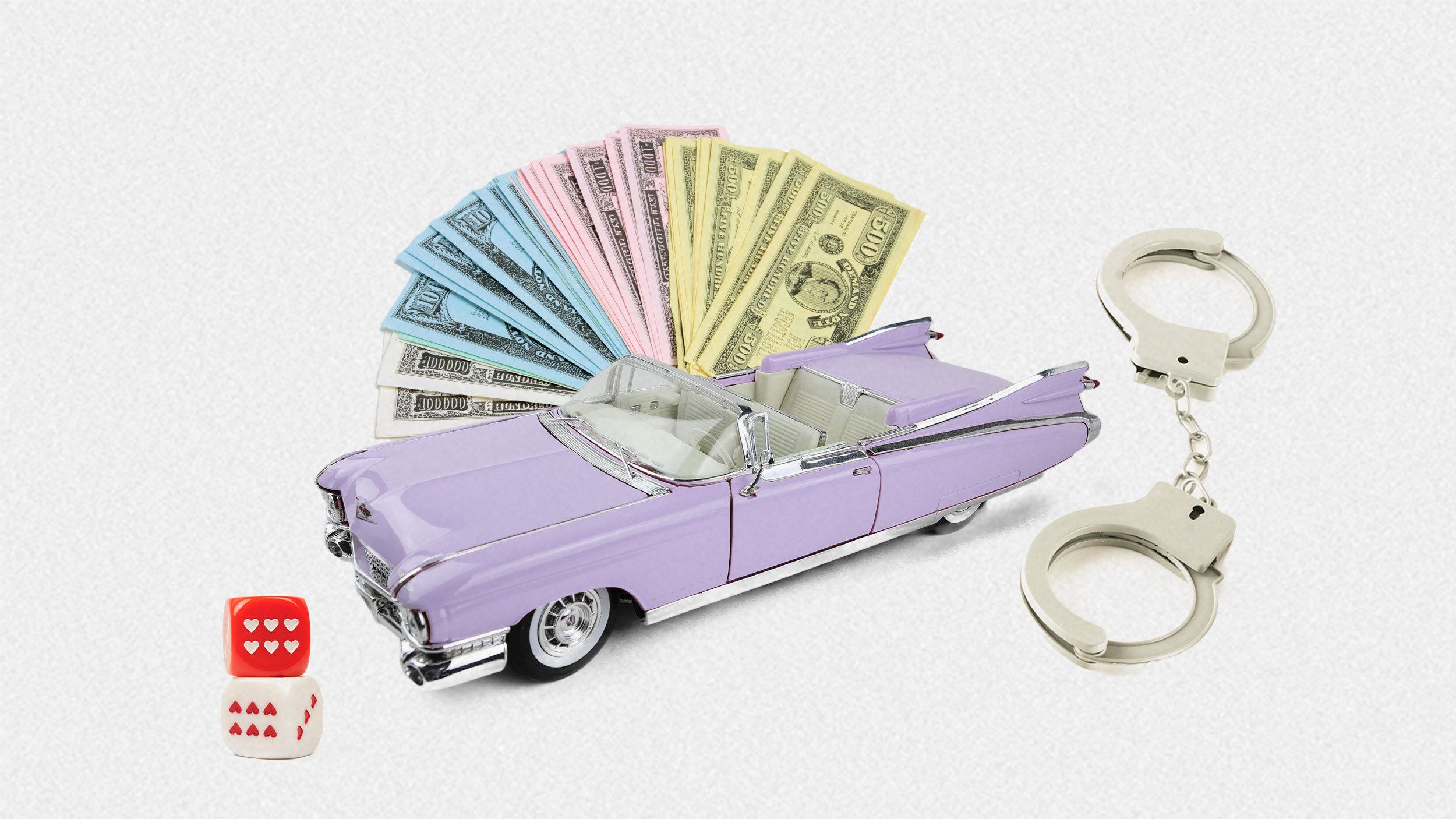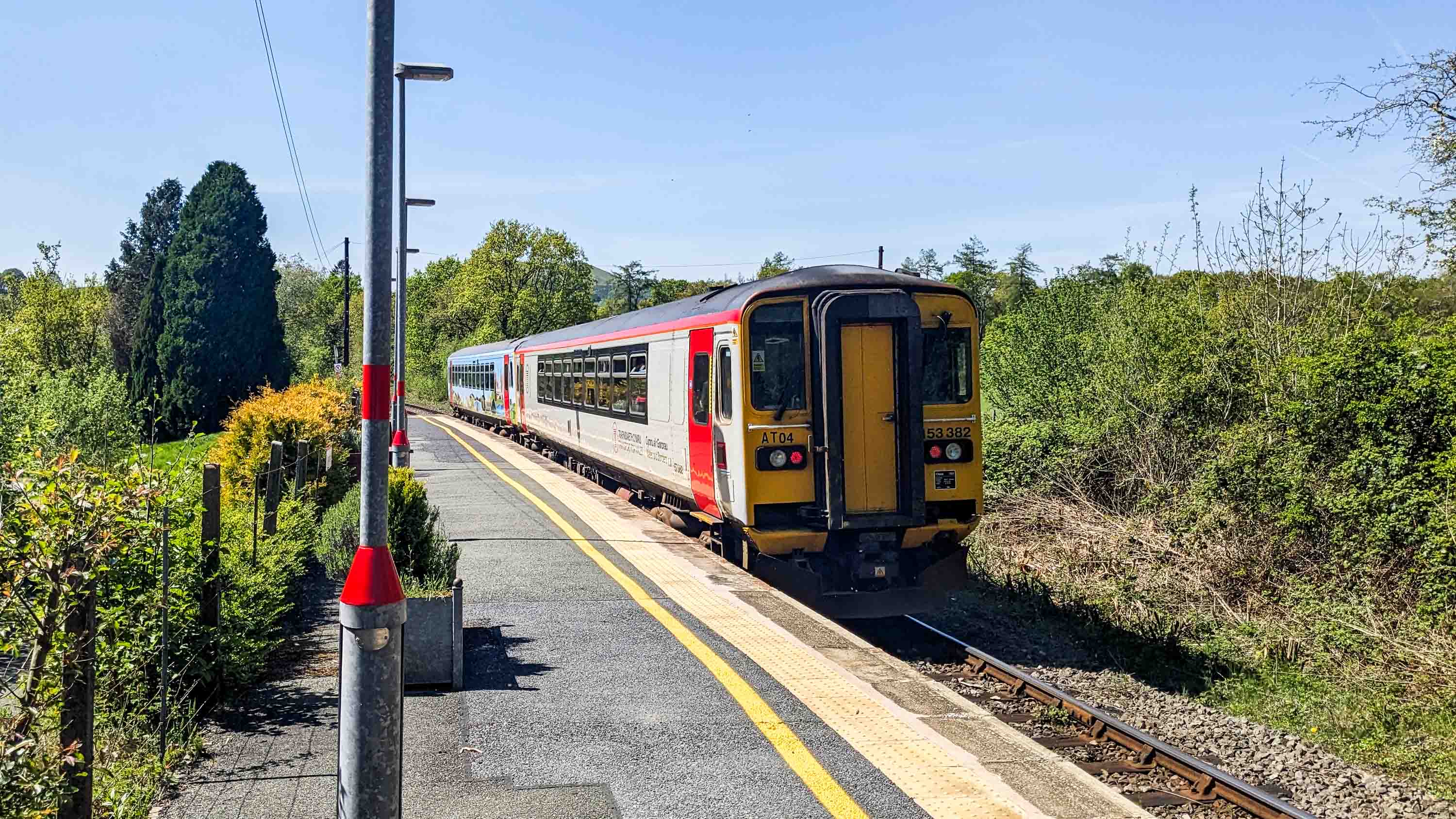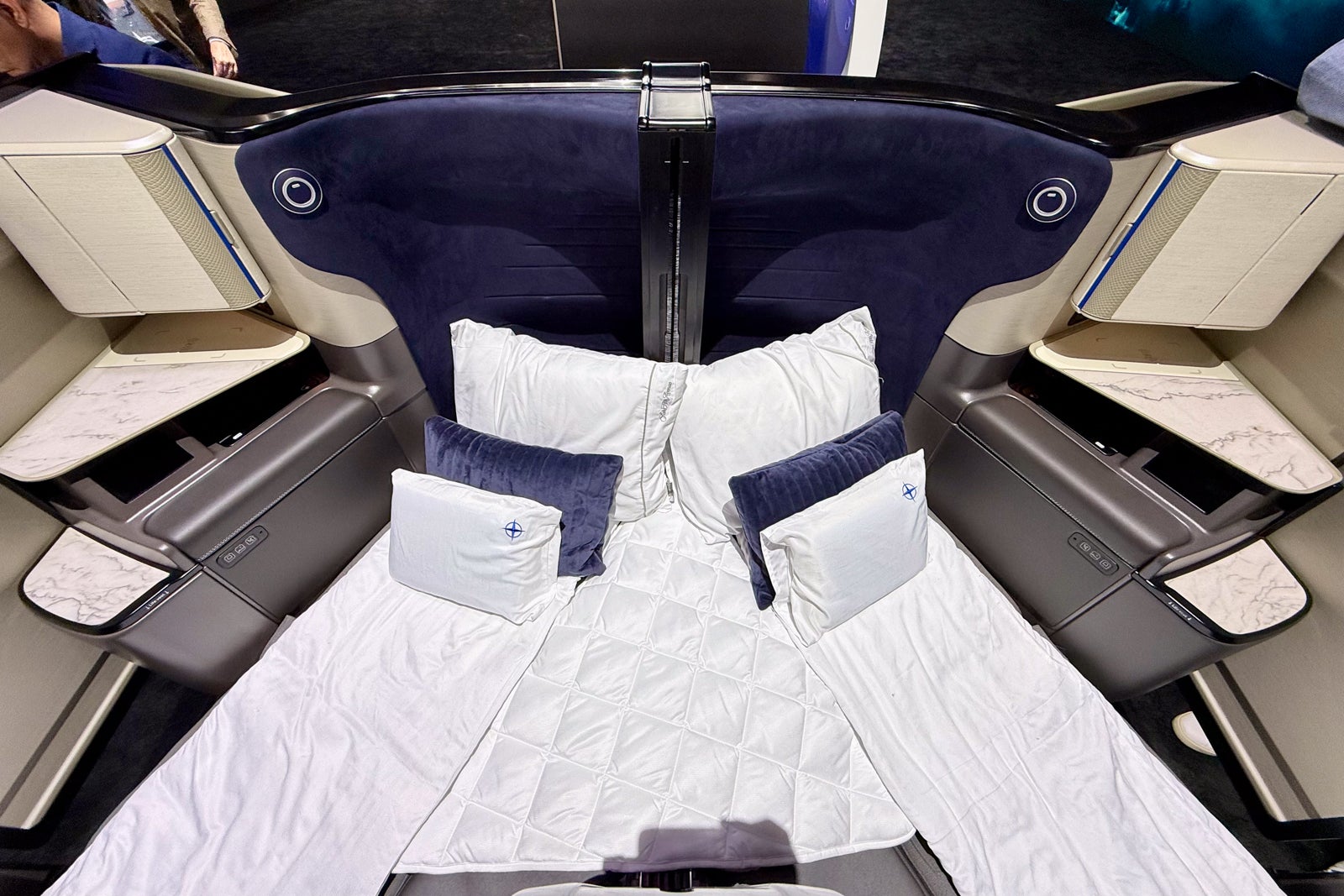Buy now, pay later vs. credit card rewards: Which should you choose?
Editor’s note: This post was updated with new information. A growing number of consumers are forgoing credit card rewards in favor of buy now, pay later financing options for their purchases. According to a study by C+R Research, more than half of online shoppers surveyed said they prefer programs such as PayPal Credit, Afterpay and …

Editor’s note: This post was updated with new information.
A growing number of consumers are forgoing credit card rewards in favor of buy now, pay later financing options for their purchases.
According to a study by C+R Research, more than half of online shoppers surveyed said they prefer programs such as PayPal Credit, Afterpay and Affirm over traditional credit cards, and a surprising 38% said BNPL services will eventually replace their credit cards altogether.
But is that really a good idea?
How BNPL works
Buy now, pay later services give users the option to make installment payments for a purchase on a weekly, biweekly or monthly basis. According to the C+R Research survey, the most common types of purchases are clothing and electronics, with more than 40% of respondents for each category saying they’ve used BNPL services for those purchases. Furniture, appliances, housewares and cosmetics also ranked among the top categories.
Some BNPL plans come with a 0% annual percentage rate, but others can have interest rates as high as 30%. Some companies, like Affirm, also report the loans to credit bureaus, which can impact your credit. If you miss a payment, you could get hit with fees and higher interest. It’s important to read the fine print and make sure you make all payments on time.
Flex Pay (formerly Uplift) doesn’t usually do a hard credit inquiry when you apply, but it could, so beware of that, since it will impact things like loan applications or could prevent you from getting another credit card.
BNPL for travel
More and more travel brands, including companies like Delta Vacations, Expedia and Carnival, are offering buy now, pay later plans. They allow you to make payments in installments using providers such as Affirm, Klarna and Flex Pay.
Several airlines offer travelers the option to use buy now, pay later at checkout when purchasing flights. Alaska Airlines, Frontier Airlines, Spirit Airlines, Southwest Airlines and United Airlines all offer Flex Pay. JetBlue and Delta Air Lines accept PayPal Credit for flight purchases made on their websites. With American Airlines, you can use Affirm to pay for flights and seats but not extras like baggage.
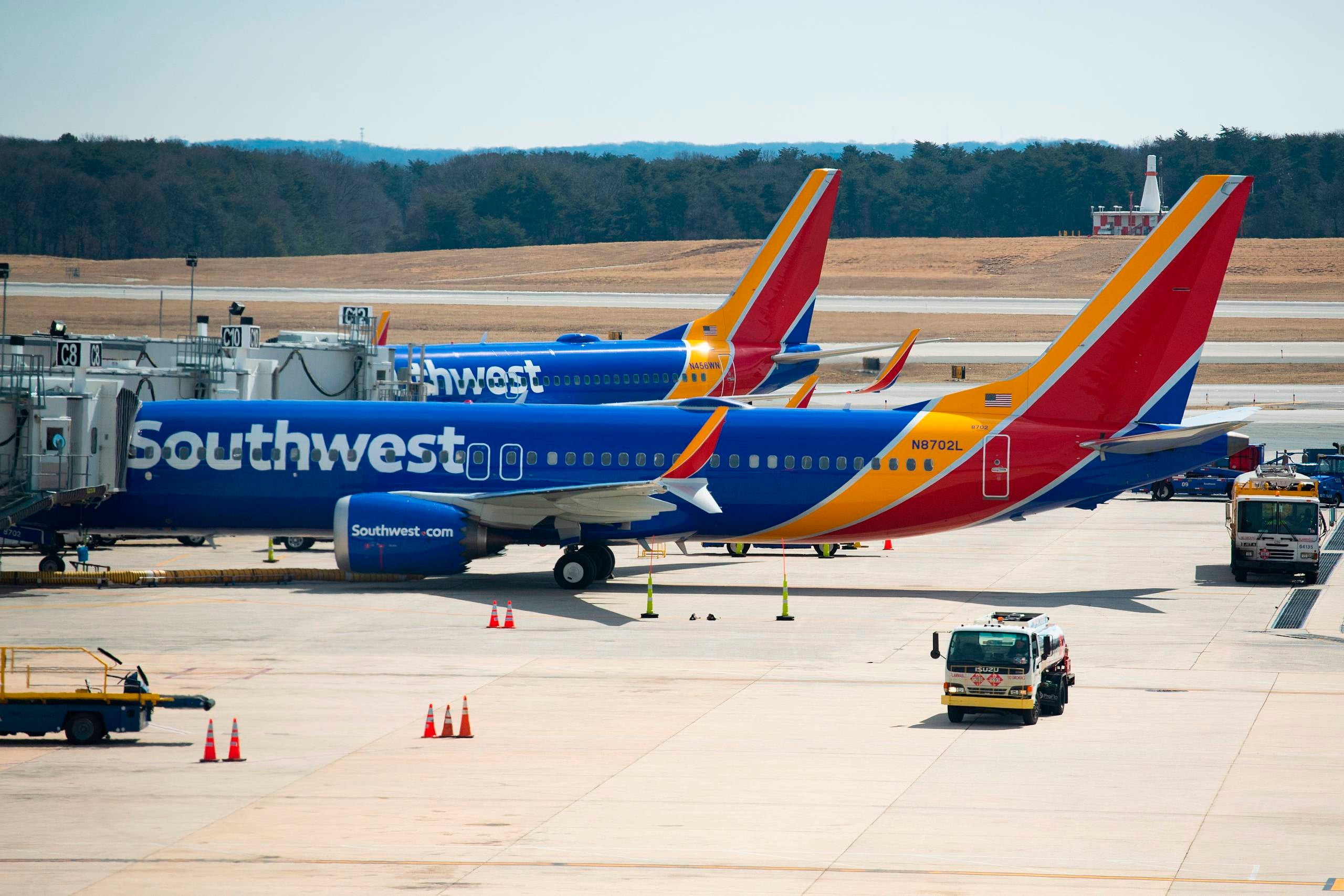
For airlines or travel providers that don’t have BNPL at checkout, you still may be able to finance your purchase. Many of the BNPL services offer a one-time-use virtual Visa card in the amount of the purchase you would like to make. So, if you’re buying a $500 flight and the BNPL service approves you for that loan amount, you can then choose to receive one-time card details to enter into the airline’s or travel provider’s website to purchase your flight.
The appeal of BNPL
For consumers, buy now, pay later services function as a sort of reverse layaway. Instead of making monthly payments toward an item and receiving that item after the purchase is paid off, you get the item right away but continue to pay it off. Many of these services have an app to download and sign up for an account. You will typically have to link to a debit or credit card. Some retailers have partnerships with various services, allowing you to use your BNPL account at checkout; for other retailers, you may need to use the BNPL service’s app to set up your payment.
The difference between BNPL and traditional credit cards is that BNPL touts no interest and no credit check. If your credit cards have high interest rates, the ability to make installment payments with no interest can seem pretty appealing. And if your credit is poor or even nonexistent, there’s typically no credit check to qualify for a BNPL plan.
For those who need to make an expensive purchase but don’t have the money available to pay in full, BNPL can be a smart way to get the items you need while making small payments for them over time.
Related: 6 things to do to improve your credit score
The risks and drawbacks
While 0% interest is a big draw, if you’re late paying a buy now, pay later service, you may be charged late fees. If you link a debit card to the BNPL service and don’t have the funds when it’s time to make the installment payment, you risk an overdraft of your bank account, which can also trigger fees.
Although BNPL may seem more flexible than traditional credit cards, it’s still debt. If you don’t pay, you can potentially be sent to collections.
For instance, Zip’s website states:
Accounts with installments that have been past due for an extended period of time are sent to collections. This is an automated process – Zip Customer Support agents do not have visibility as to when this will happen for a given order or its installments.
For some, using these services could lead to overspending and encourage bad financial habits. Among those surveyed by C+R Research, 59% said they purchased an unnecessary item through BNPL that they otherwise couldn’t afford. More than half said they’ve fallen behind on a payment, and close to half said they’re likely to make a late payment in the next 12 months. If you’re using these services and falling behind on payments, it’s important to make a plan to get (and stay) out of debt.

Different services have different policies, fees and purchase limits. It may be easy to look at it as a couple of hundred dollars here and there, but it adds up if you’re using multiple services. With some services, you can use a credit card as your installment payment method, but paying for your purchase with a credit card can be a slippery slope. You could wind up paying the credit card interest you were trying to avoid if you’re not paying your credit card balance in full monthly.
Some major credit card issuers, including Chase and Capital One, do not allow payments to BNPL plans — and even if you do link a credit card to the BNPL service, you may not receive bonus points, miles or cash back. When you link a debit card to a BNPL service, you also lose out on the potential for rewards altogether.
Credit cards can also be a useful source of extended warranty and consumer protections for purchases in the event that a merchant doesn’t deliver as promised or something goes wrong with a product you’ve purchased. You may not have the same protections using a BNPL service.
Return policies may also vary with BNPL services. You’ll want to make sure you understand the service’s return policies, so that you’re not still on the hook for installment payments for a purchase that you’ve returned to the merchant.
Alternatives to BNPL
Some banks have jumped onto the installment plan bandwagon — with Chase Pay Over Time, Pay It and Plan It by American Express (no enrollment is required for the Amex features) and Citi Flex Pay — as a way to appeal to consumers. These plans have fixed monthly fees, and the cost may be less than the typical credit card interest rate. Using these programs still allows you to earn rewards on your purchases.
If you’re going to be making larger purchases that you need time to pay off, signing up for a 0% introductory APR card can also be an option. You can earn a sign-up bonus for a new card and slowly pay off your purchases within the specified 0% interest period.
And when it comes to financing travel, if you can’t afford the trip, it’s best not to take it. Buy now, pay later plans are not a savvy use of credit. If your trip is canceled, you may still owe the money for the loans. Instead of going into debt for a Disney vacation, open a card with a big sign-up bonus, use it for your everyday spending and pay the balance off monthly, then use those points or miles for travel.
Bottom line
Here at TPG, we recommend using credit cards to earn travel rewards and paying your monthly credit card bills in full, as the interest rates or fees may outweigh the points, miles or cash back you can earn.
With the knowledge that consumers are favoring BNPL services, it’s understandable why some major credit card issuers have moved toward offering installment plans. This way, consumers have flexibility for repayment but can still earn cash back or rewards for travel.
Related reading:












































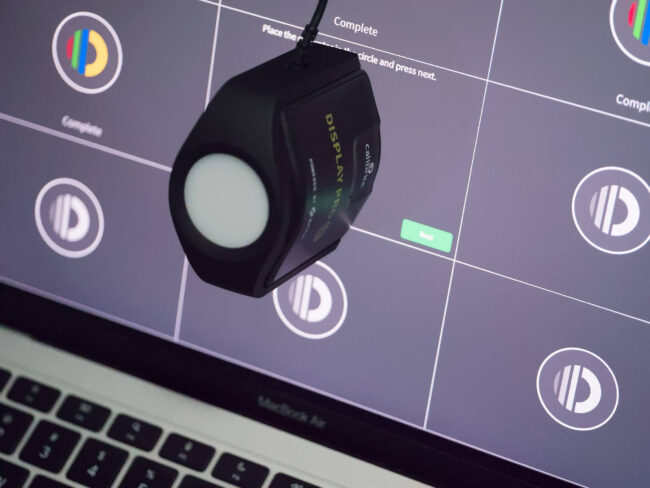














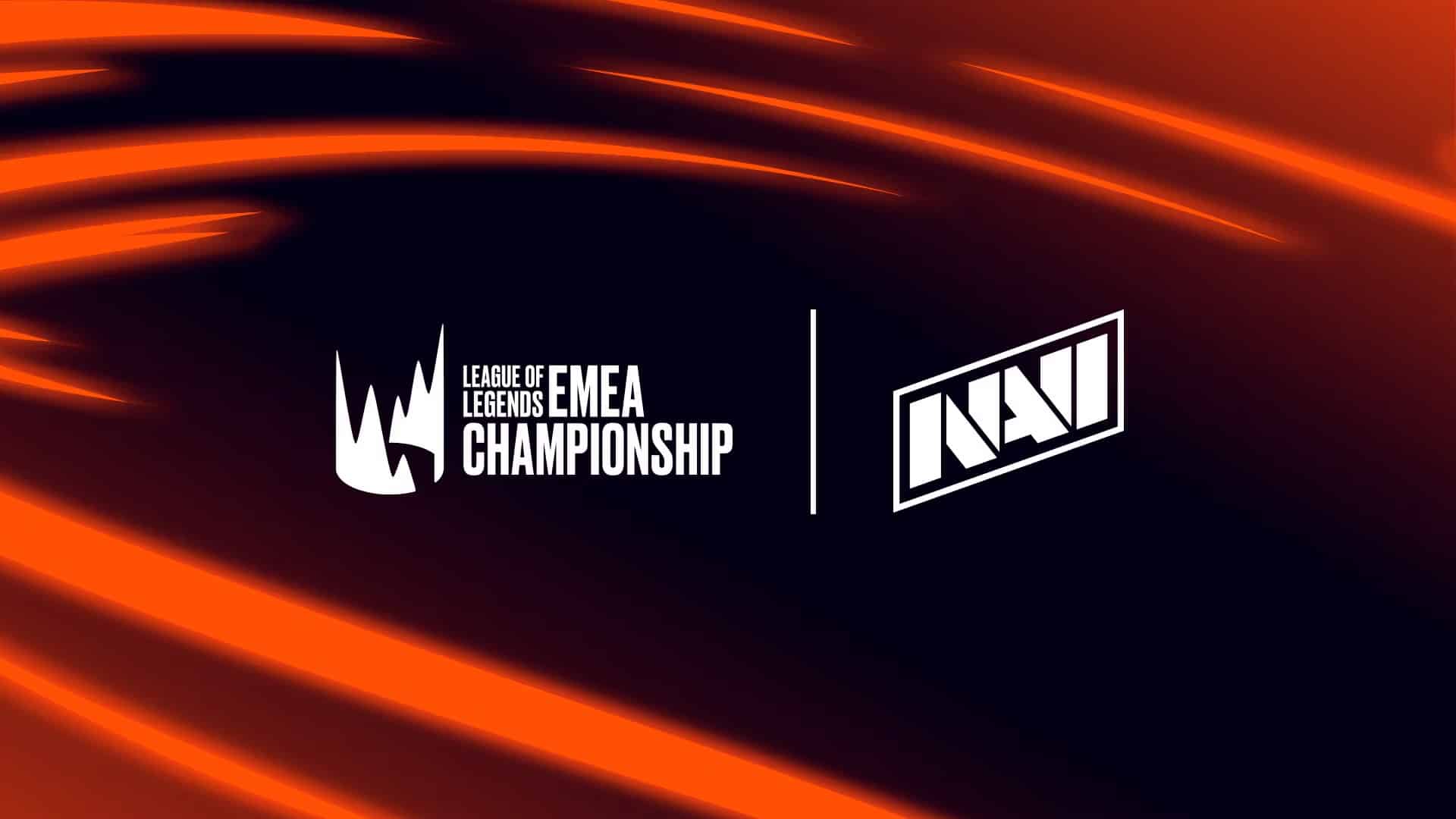

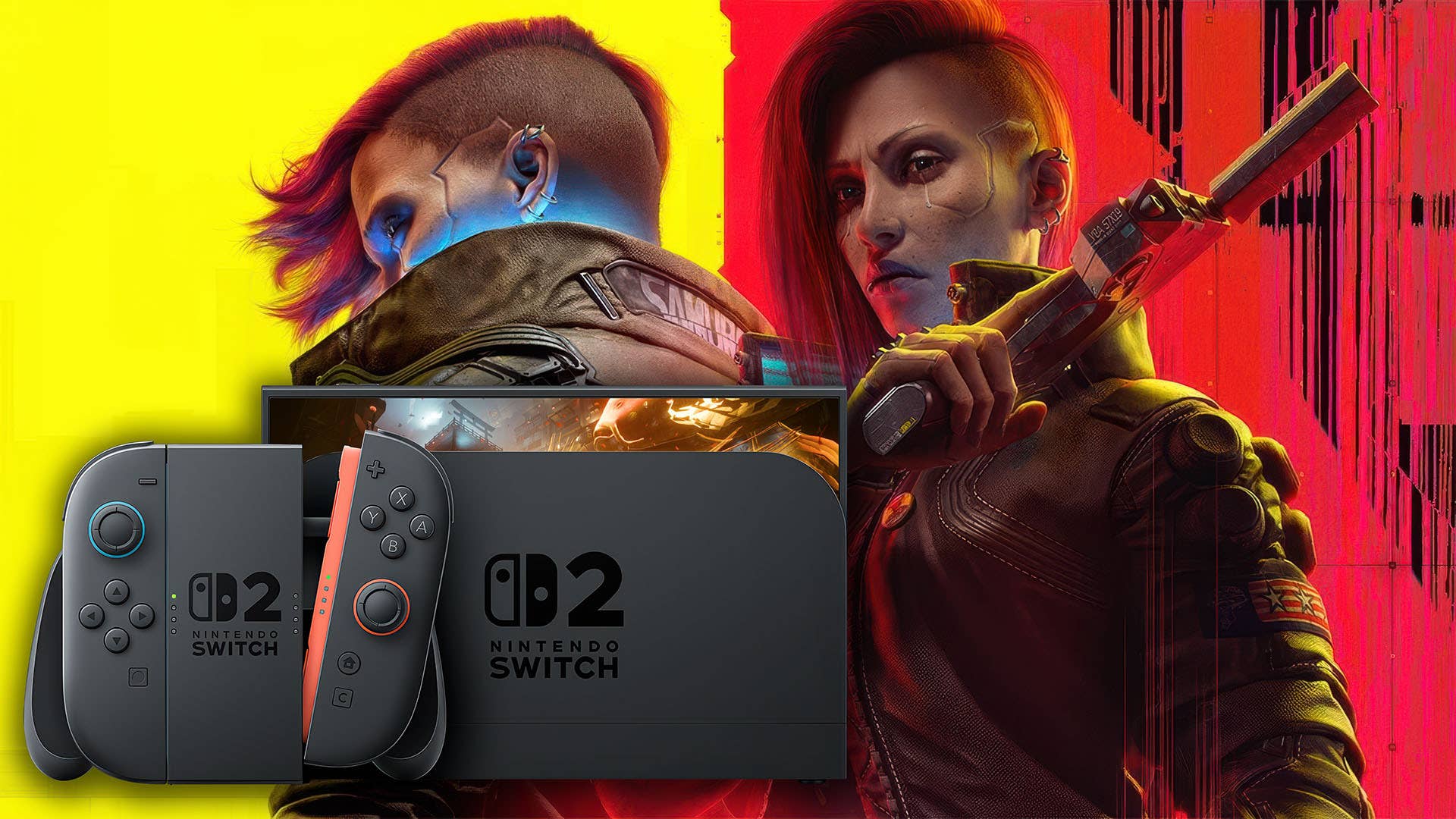




















































































































.jpg)













